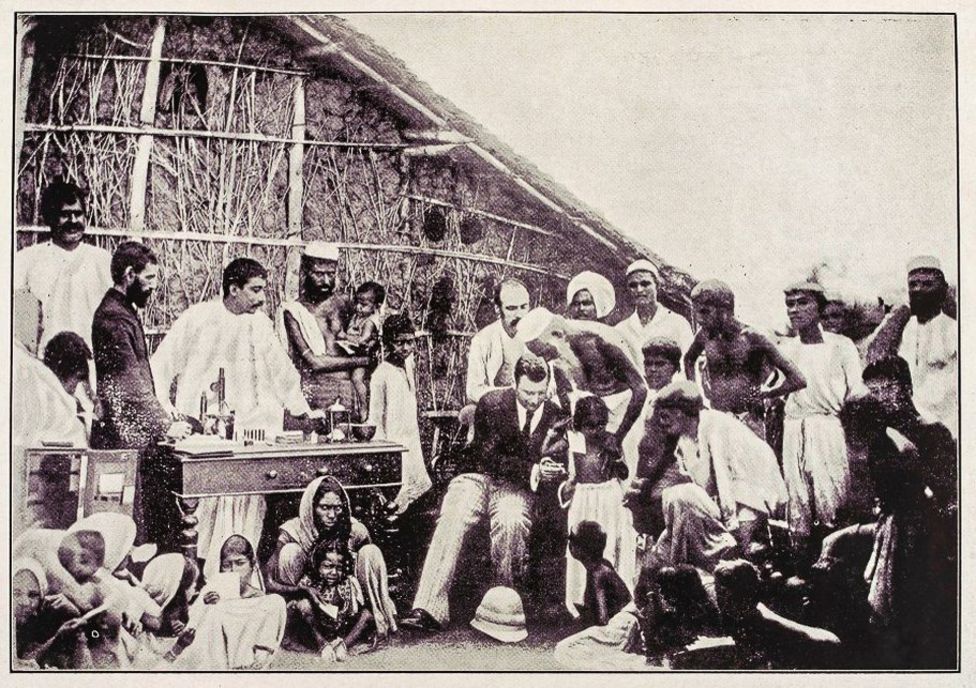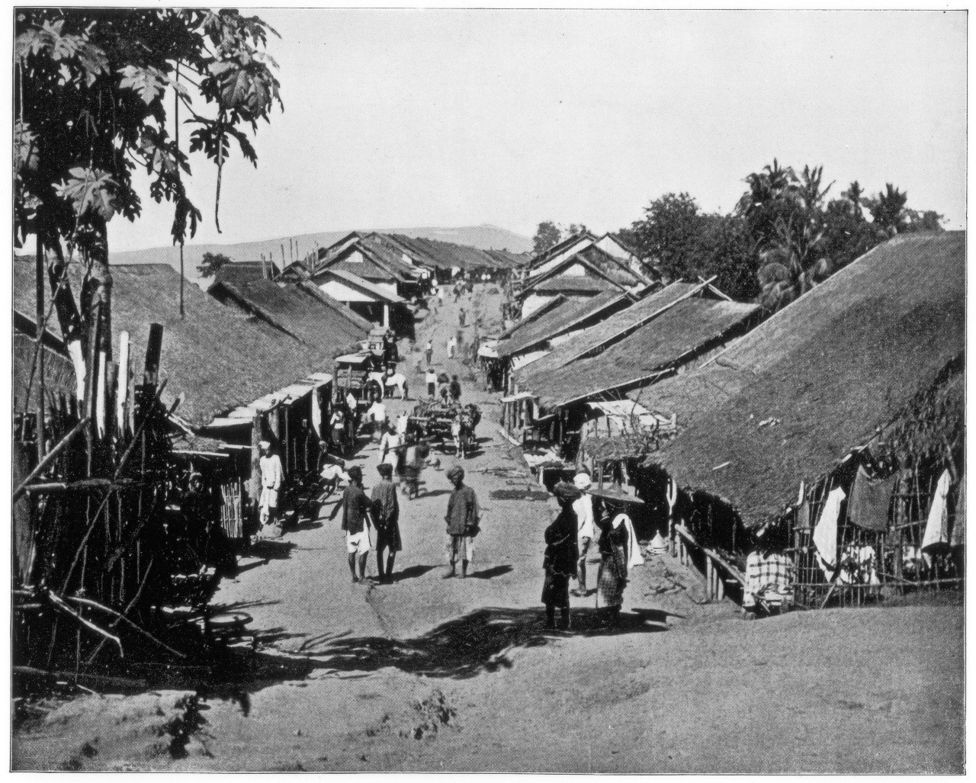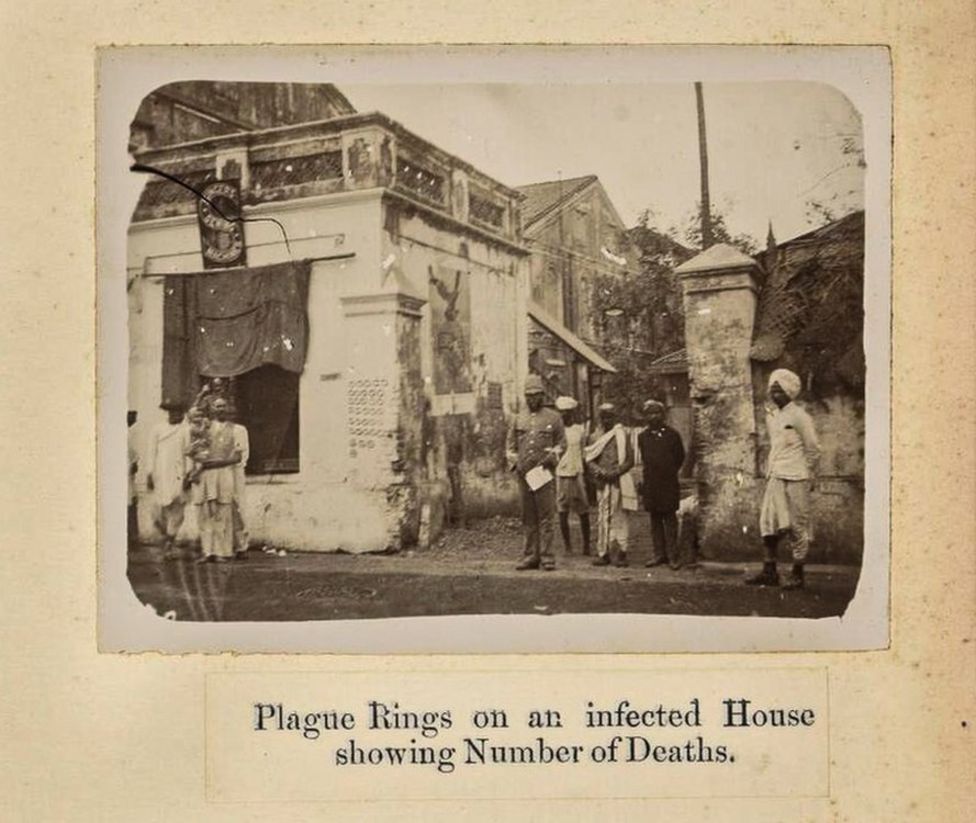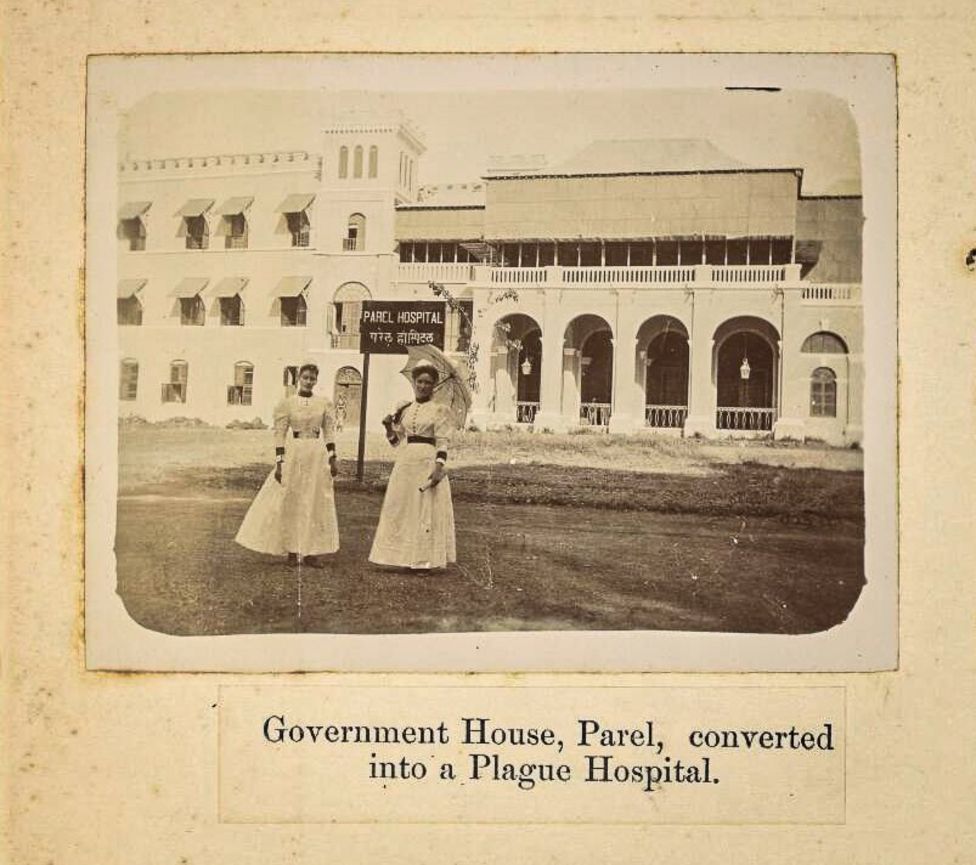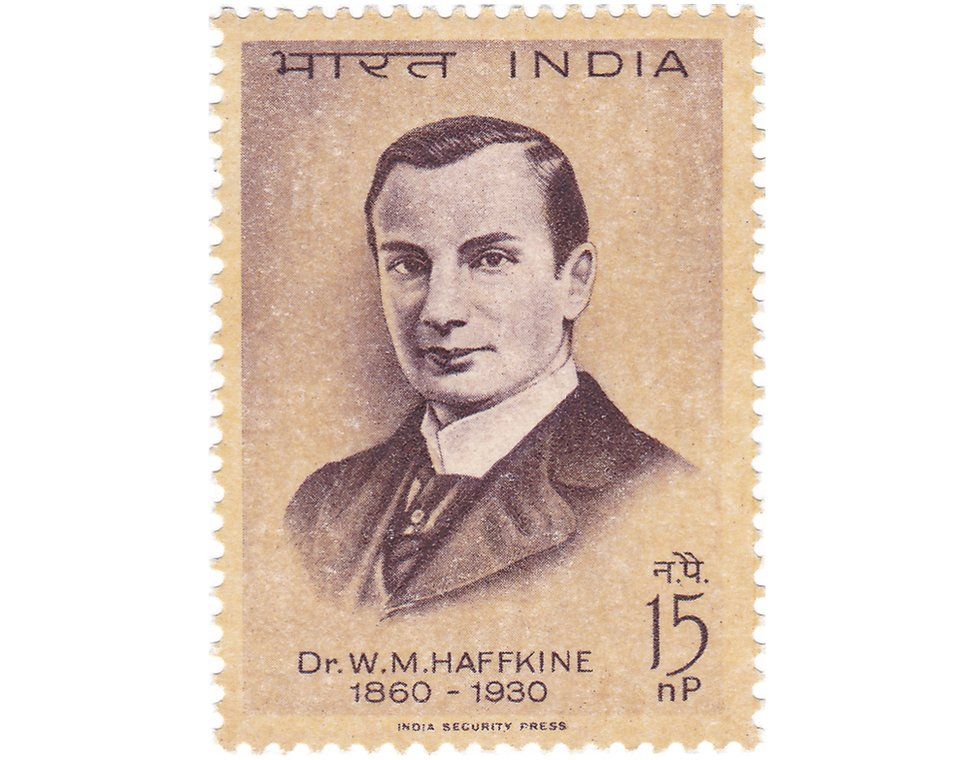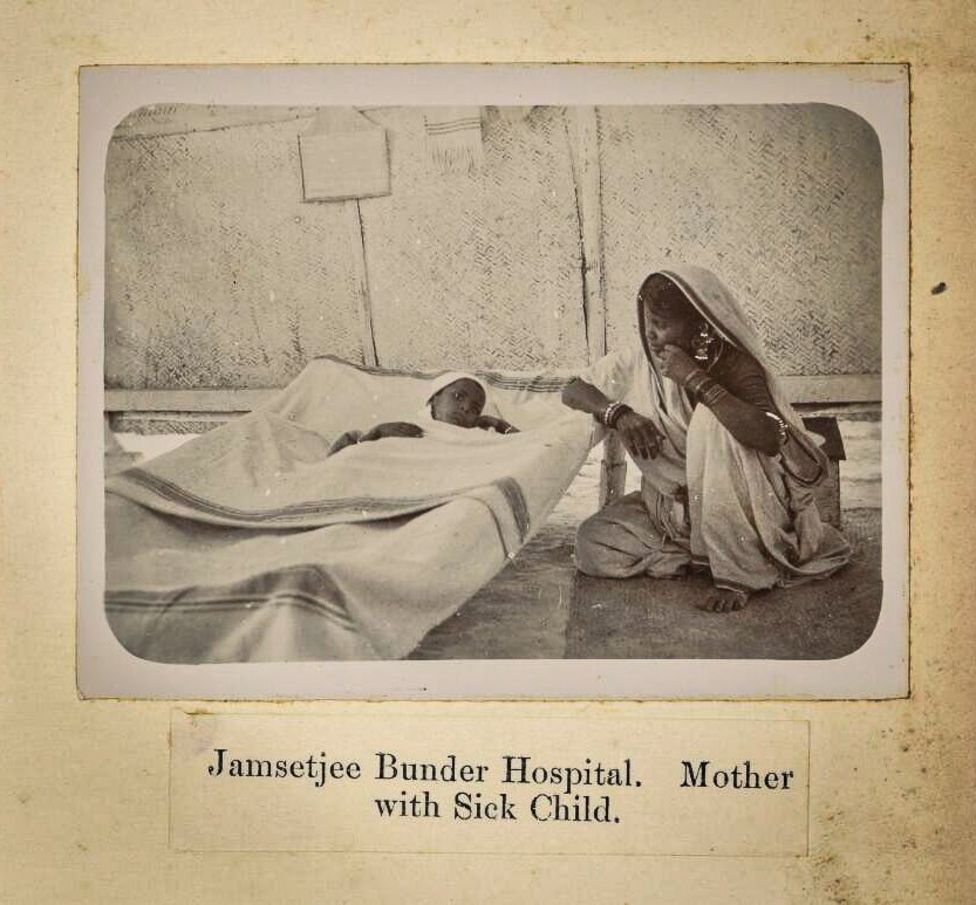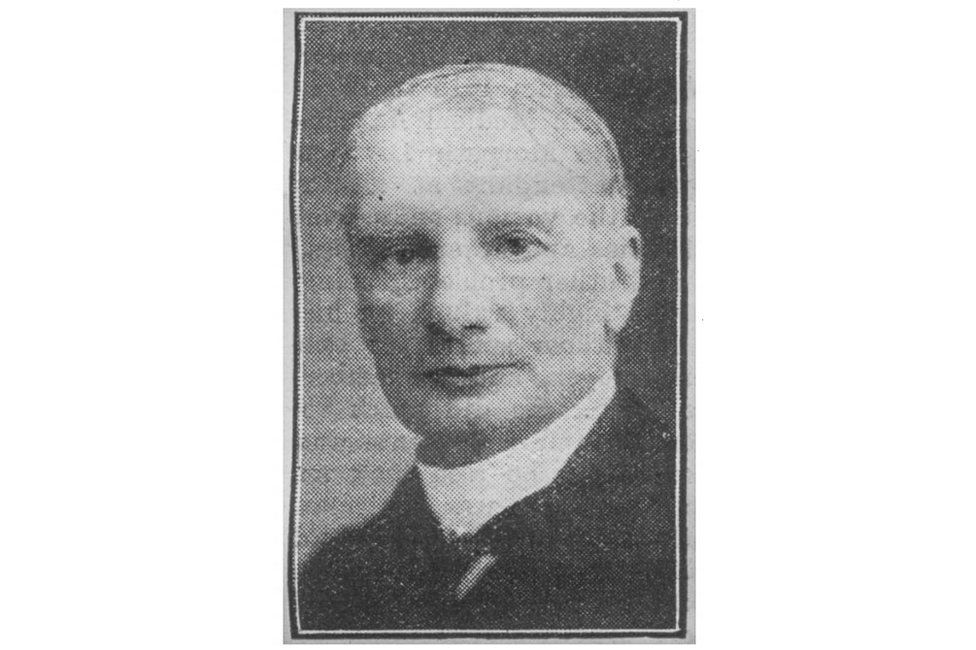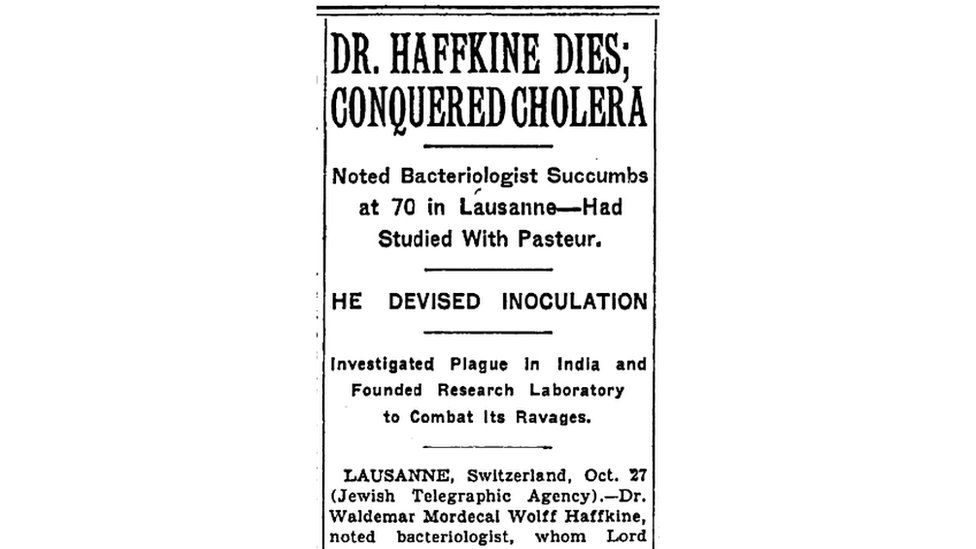THREAD: In 1894, Waldemar Haffkine, a Russian Jew trained in Paris, travelled to Calcutta armed with a cholera vaccine. The slums were battling an outbreak of the disease. The 33-year-old man began his vaccination drive,
'sitting by an oil lamp in the slum'. 1/11 #vaccine #India
'sitting by an oil lamp in the slum'. 1/11 #vaccine #India
The results were encouraging enough for Calcutta authorities to fund a wider trial, but convincing people to be vaccinated was easier said than done. Haffkine's solution was to work with a team of Indian doctors and assistants in Calcutta's villages (below) 2/11 #vaccine #India
Haffkine's work in the Calcutta placed him among a select group of scientists who pioneered a profound shift in the way disease was understood and treated. In 1896, he travelled to Bombay, facing a plague pandemic, to come up with a vaccine for the disease. 3/11 #vaccine
Haffkine worked tirelessly and successfully developed a fresh vaccine which saved untold numbers of lives. 1901 he was appointed director-in-chief of the Plague Research Laboratory at Government House in Parel. 4/11 #vaccine #India
Then disaster struck.
In March 1902, in a Punjab village 19 people died from tetanus after being inoculated with Haffkine's vaccine. Evidence appeared to point to a fatal contamination at the Parel lab. Disgraced by the incident, Haffkine left India for London. 5/11 #vaccine
In March 1902, in a Punjab village 19 people died from tetanus after being inoculated with Haffkine's vaccine. Evidence appeared to point to a fatal contamination at the Parel lab. Disgraced by the incident, Haffkine left India for London. 5/11 #vaccine
In 1904, two years after Haffkine was suspended, the plague reached its peak in India. In 1906, India published its inquiry finding Haffkine guilty. But many scientists said accidental contamination of bottle happened at the inoculation site in Punjab 6/11 #vaccine #India
Haffkine was finally exonerated in 1907, after WJ Simpson and Ronald Ross's campaign raised the matter in the British parliament. He was granted leave to return to employment in India and he gladly returned as director in chief of the Calcutta Biological Laboratory. 7/11 #vaccine
But his redemption was incomplete - he was barred from carrying out any trials, limiting him to theoretical research. In 1914, aged 55, Haffkine retired from the Indian Civil Service and left the country. 8/11 #vaccine
Between 1897 and 1925, 26 million doses of Haffkine's anti-plague vaccine were sent out from Bombay. Tests of the vaccine's efficacy showed between a 50% and 85% reduction in mortality. 9/11 #vaccine #India
Haffkine died in Lausanne in 1930, aged 70. He never married and lived his final years alone. He was a "scholarly, lonesome, handsome man of few words, who remained a bachelor," 10/11 #vaccine #india
Working in Paris and India at the turn of the last century. Haffkine created the world's first vaccines for cholera and plague. An accidental mass poisoning derailed his life. Fascinating profile of a forgotten pioneer by @joelmgunter and @BBCVikas http://bbc.in/3m70dzq 11/11

 Read on Twitter
Read on Twitter